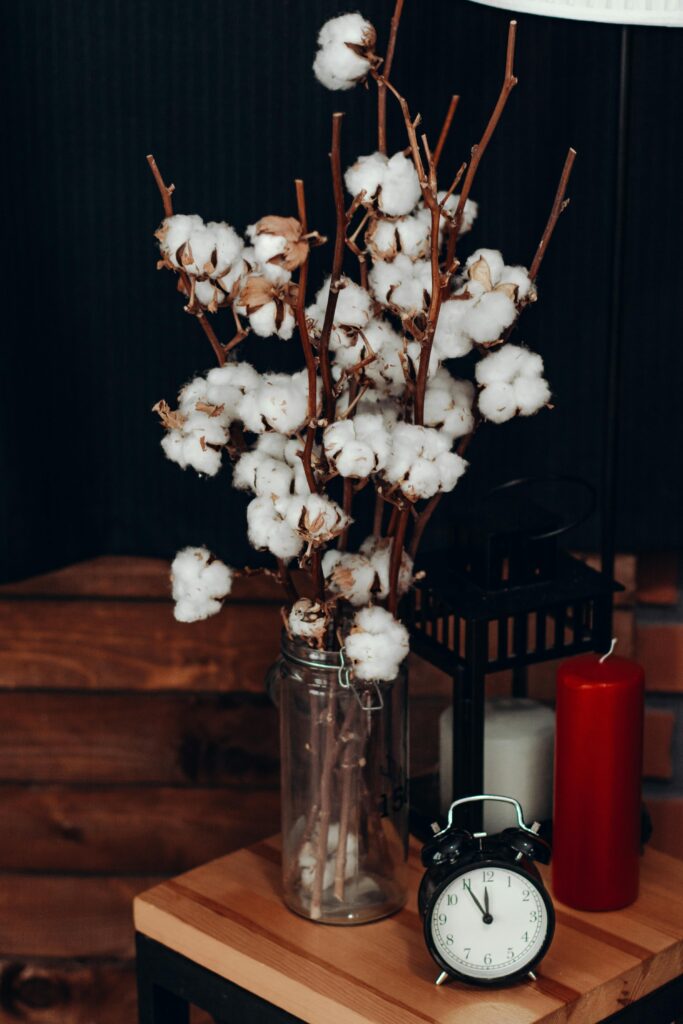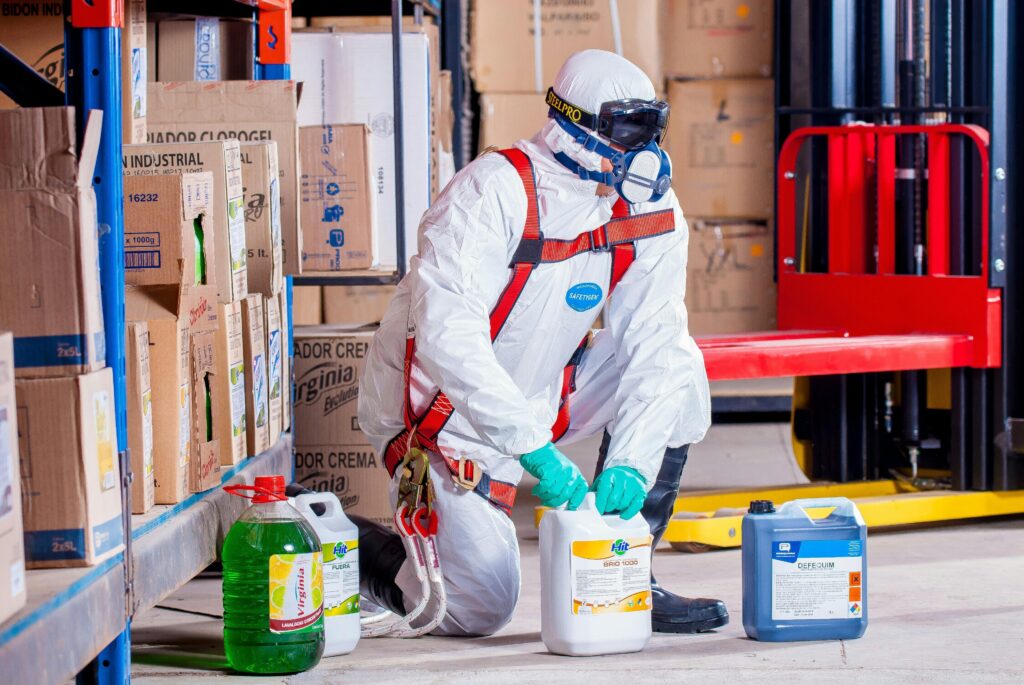In recent years, many industries, including the textile sector, have placed a lot of emphasis on sustainability. One of the popular sustainable options is organic cotton. But what exactly is organic cotton, and is it genuinely sustainable? Let’s explore organic cotton to understand its benefits and challenges.
Understanding Organic Cotton

Organic cotton is cultivated using agricultural practices that prioritize ecological sustainability, relying on natural methods to replenish and maintain soil fertility. This approach minimizes the use of toxic and persistent pesticides and synthetic fertilizers, which helps to preserve the environment and promote biologically diverse farming practices. To guarantee the authenticity of organic cotton, it needs to adhere to stringent standards and obtain certification from authorized governing bodies.
Key Characteristics of Organic Cotton:

- No Synthetic Chemicals: Organic cotton is grown without synthetic pesticides, herbicides, or genetically modified organisms (GMOs). This is crucial for maintaining soil health and preventing chemical runoff into water systems.
- Non-GMO Seeds: The seeds used in organic cotton farming are non-GMO. This ensures that the biodiversity of the area is maintained and reduces dependency on large agribusiness corporations.
- Natural Fertilizers: Organic farmers use natural fertilizers, like compost and animal manure, instead of synthetic ones. This helps in maintaining soil fertility and promoting healthy crop growth.
- Crop Rotation: This practice prevents soil depletion, enhances soil fertility, and helps in pest and disease management without relying on chemical inputs.
The Benefits of Organic Cotton
Environmental and Social Benefits
- Reduced Chemical Usage: By avoiding synthetic chemicals, organic cotton farming reduces soil and water pollution. This helps in preserving local ecosystems and protecting the health of farmers and nearby communities.
- Water Conservation: Organic cotton farming often requires less water than conventional cotton farming. This is partly because healthy soil retains water better, reducing the need for extensive irrigation.
- Biodiversity: Organic farming practices support a diverse ecosystem, promoting the presence of various plants, insects, and animals. This biodiversity can help in natural pest control and improving soil health.
- Healthier Working Conditions: Farmers and laborers are not exposed to harmful chemicals, which reduces health risks associated with conventional cotton farming.
- Fair Trade Practices: Many organic cotton initiatives also focus on fair trade practices, ensuring that farmers receive fair wages and work in safe conditions.
Is Organic Cotton Sustainable?
The sustainability of organic cotton largely depends on how sustainability is defined and measured.
Environmental Sustainability
Organic cotton is undoubtedly more environmentally sustainable compared to conventional cotton. Its practices reduce chemical usage, conserve water, and promote biodiversity. However, it is important to note that organic cotton farming still requires land and resources, and the challenge is to balance the growing demand with the availability of arable land.
Economic Sustainability
For organic cotton to be economically sustainable, it needs to be profitable for farmers while remaining affordable for consumers. This involves supporting farmers during the transition period, ensuring fair wages, and investing in efficient farming techniques.
Social Sustainability
Organic cotton promotes healthier working conditions and often aligns with fair trade principles, contributing to the social sustainability of farming communities.
Organic cotton represents a significant step towards more sustainable textile production. It offers numerous environmental and social benefits, though it also faces economic and logistical challenges. For consumers, choosing organic cotton products is a way to support more sustainable practices in the fashion industry. As awareness grows and technology advances, the hope is that organic cotton will become more accessible and affordable, making it a cornerstone of sustainable fashion. By understanding the intricacies of organic cotton, we can make informed choices that support a healthier planet and fairer economy.









